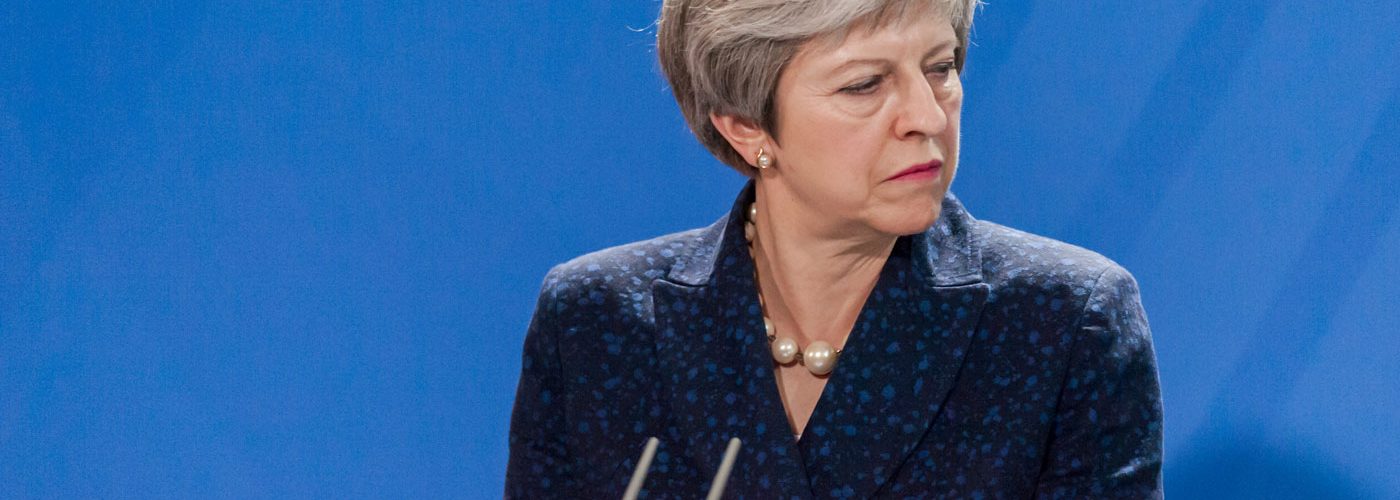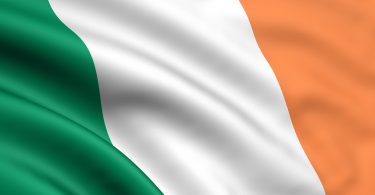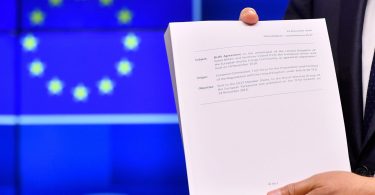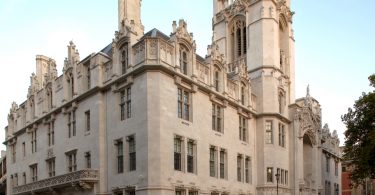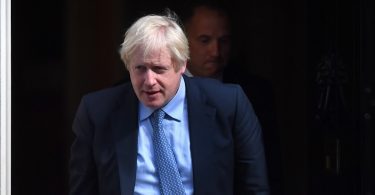Where in the deal are the big problems?
The 600 page deal of dense legal text has three main parts: the Withdrawal Agreement (WA) itself, the Northern Ireland “backstop” Protocol attached to and forming part of the WA, and the Political Declaration on the future relationship between the UK and the EU. Below, we set out where the main problem areas are located, and give links to posts which explain many of the details.
The Withdrawal Agreement (“WA”)
Status: Legally binding international treaty
- Direct effect and supremacy: WA (including Backstop Protocol) to have “direct effect” and supremacy in UK courts over UK domestic law, including over Acts of Parliament: Art 4.
- Transition/ “implementation” period: 21 months to end of 2020 (extendable to end 2022). Most EU laws, including new laws and amendments, will apply to UK as if we were still a Member State. But:
- UK in “vassal” status with no voting rights or representation in the Council of Ministers, European Parliament, Commission or ECJ;
- UK must obey by treaties between EU and third countries with no say in conclusion of those treaties;
- UK subject to “State aid” control by Commission without representation on Commission;
- “Long tail” jurisdiction conferred on Commission and ECJ to bring cases up to 4 years after end of transition period: Art.87
- Financial obligations to EU: payment of estimated £39bn
- payments to EU budget payments as if still a member until end of transition
- continuing payments after end of transition
- ECJ jurisdiction (not neutral arbitrators) over amount of payments
- EU Citizens’ rights – settlement rights for EU citizens resident in UK by end of transition period
- citizens’ rights treaty articles to have direct effect and supremacy in UK courts over UK law indefinitely: Art.4
- rights to be interpreted by references from UK courts to ECJ in actions started up to 8 years after transition: Art.158(1)
- thereafter EU citizens rights to be interpreted by ECJ under ‘Ukraine’ arbitration clause – see below
- ECJ jurisdiction:
- full direct jurisdiction for all matters during transition and for citizens’ rights in actions begun up to 8 years after end of transition (also direct jurisdiction in Northern Ireland under backstop – see below)
- ‘long tail’ jurisidiction to rule against UK in actions begun by Commission up to 4 years after end of transition: Art.87(1)
- ‘Ukraine’ arbitration clause for everything under WA and backstop Protocol not covered by direct jurisdiction: neutral arbitration panel required to refer all questions of EU law to ECJ and bound by ECJ ruling (Art 174)
The “Backstop” Protocol
Status: “integral part” of WA, therefore legally binding international treaty
LFB outline of the “backstop” Protocol: neither a backstop nor temporary
- Backstop Protocol comes into force automatically at end of transition unless replaced by long term UK/EU agreement
- Backstop Protocol then endures indefinitely unless replaced under review clause in Prot.Art.20 requiring “joint decision” (EU veto)
- NI within EU customs union and subject to EU single market laws on goods; all under direct jurisdiction of Commission and ECJ
- Great Britain in customs union with EU, obliged to align tariffs with EU but outside EU SM/CU so customs controls needed on goods from GB to NI
- NI subject to direct EU State aid control; GB required to operate State aids under supervision of Commission
- “Level playing field” rules on environment, workers rights, etc applied to GB and NI
The Political Declaration
Status: Art.184 of WA requires UK and EU to use “best endeavours in good faith” to conclude agreement in line with Political Declaration
- ECJ jurisdiciton – ‘Ukraine’ clause will become permanent (para 124)
- Tariffs – UK/EU agreement to build on ‘single customs territory’ of WA and origin checks ruled out – so not compatible with conventional Canada style Free Trade Agreement (para 23)
- Mobility framework with rights to social security benefits to replace Free Movement of Persons (paras 50-59)
- Fishing – agreement in principle for sharing waters and quotas with EU (para 75)
- Defence – UK to stay in EU defence structures including procurement (paras 92-104)

